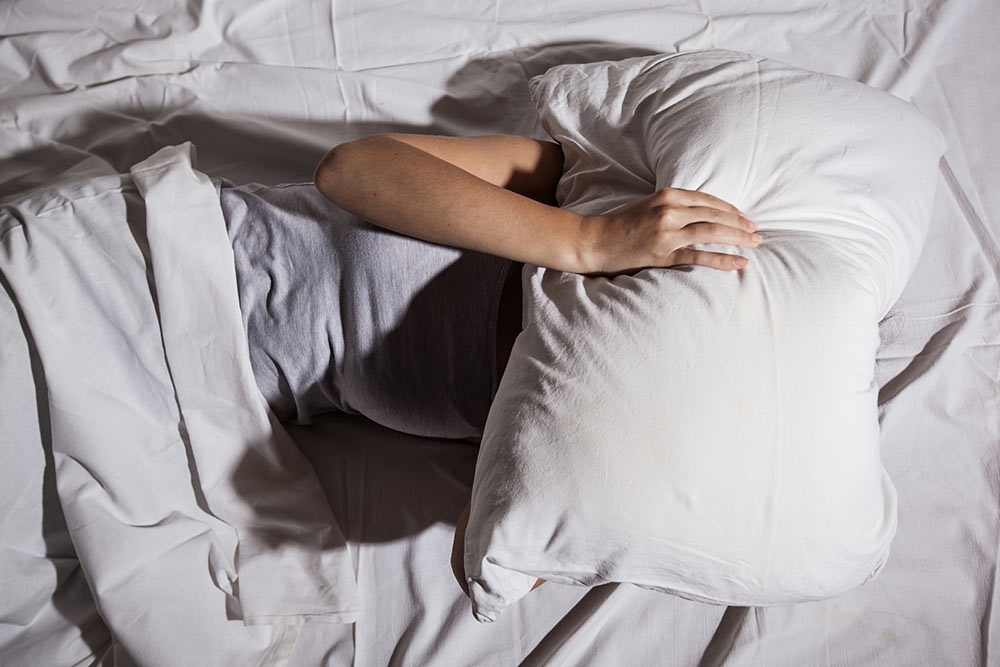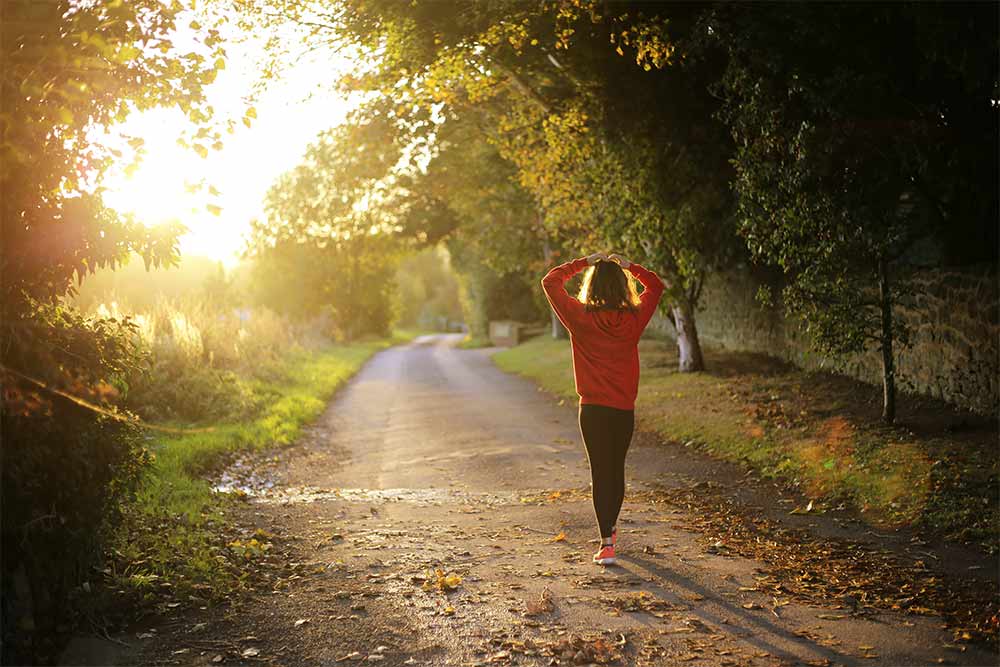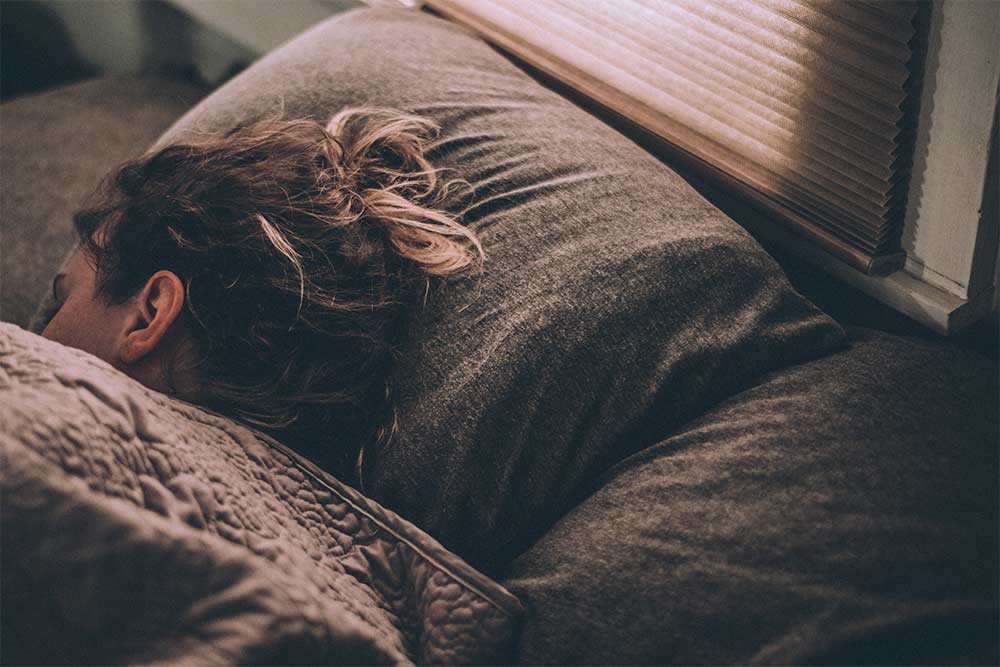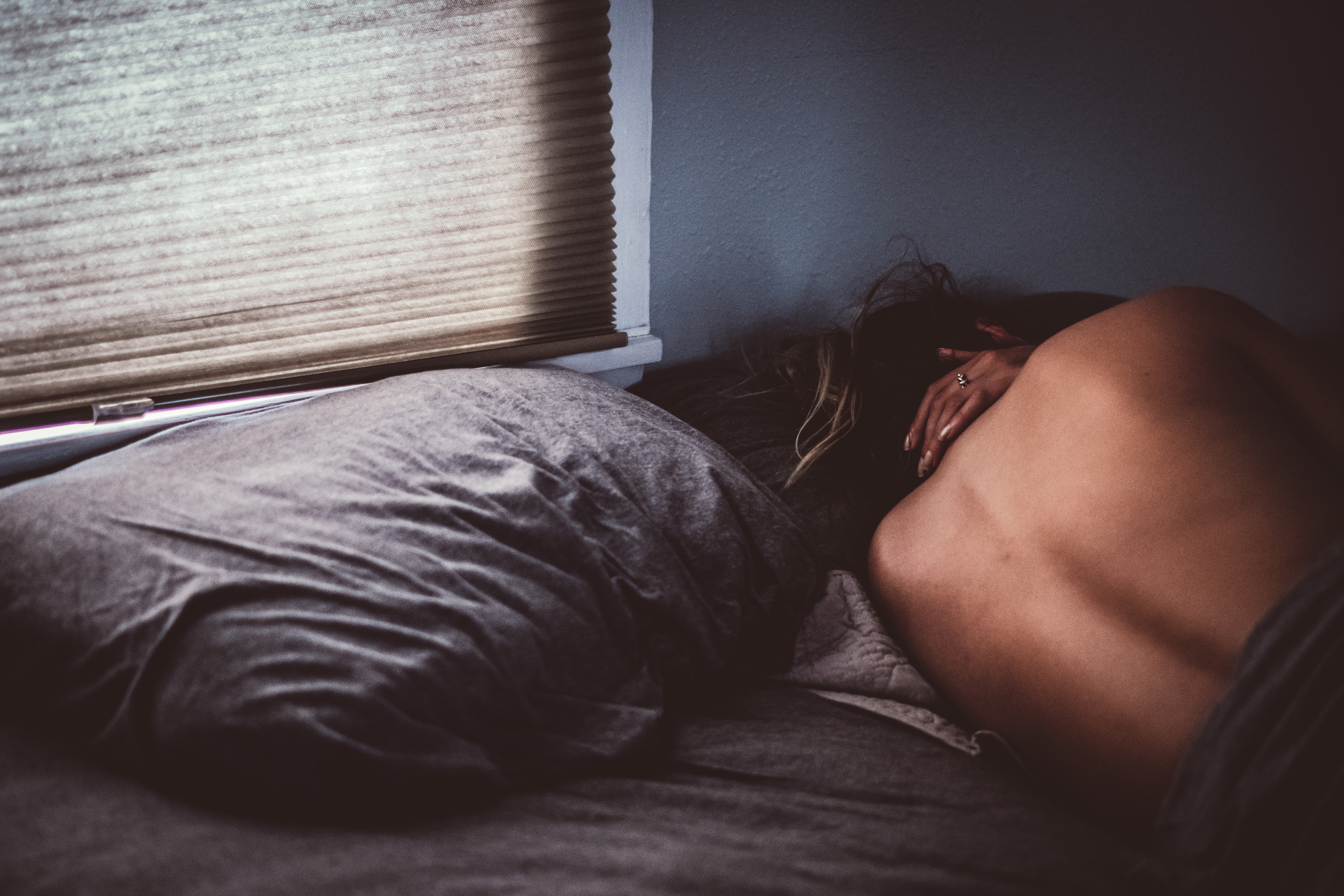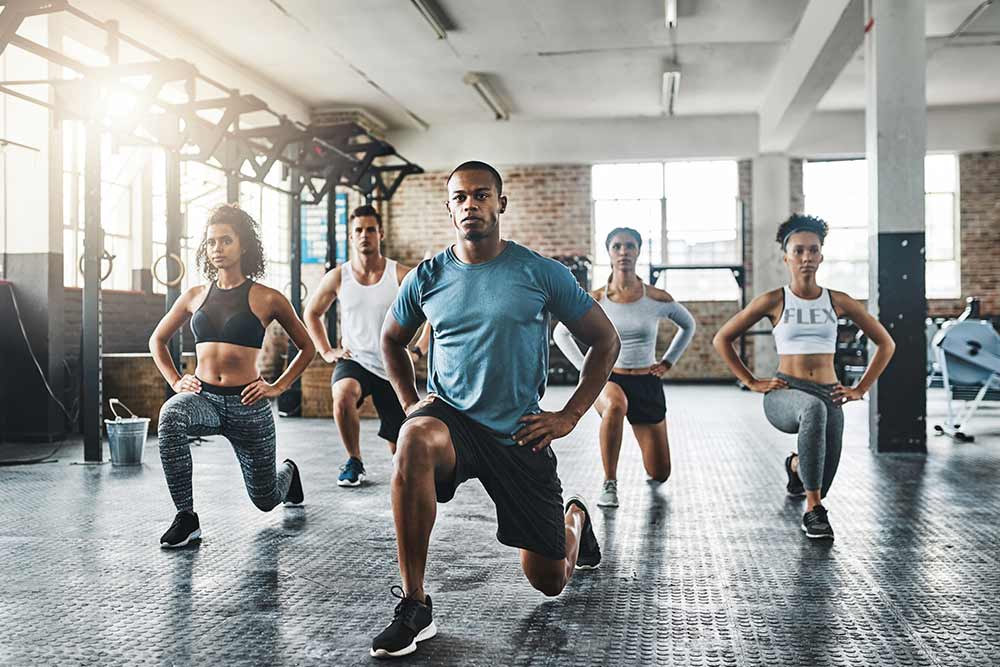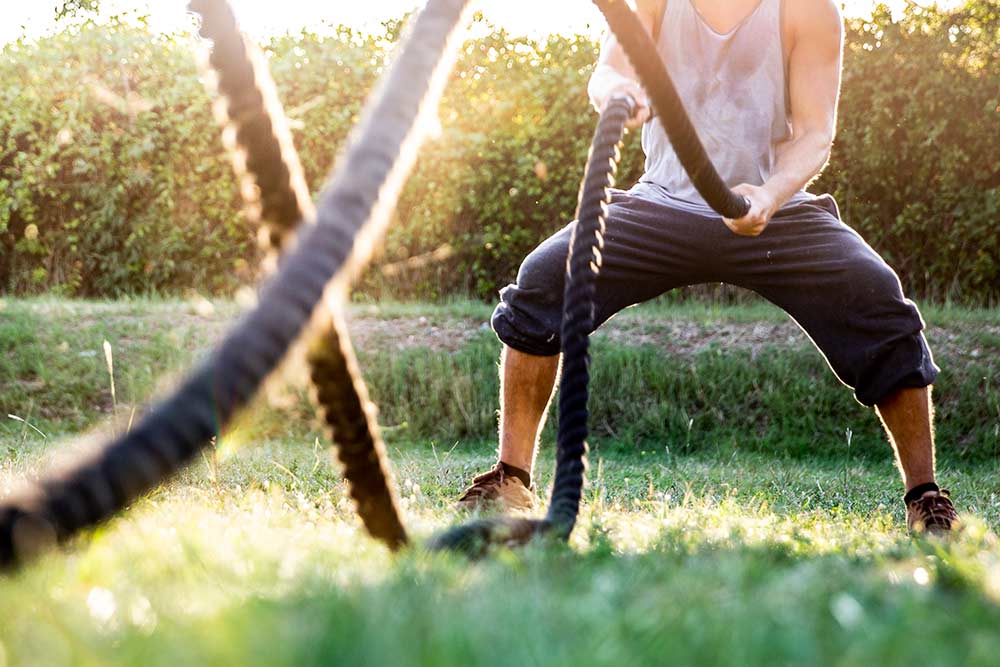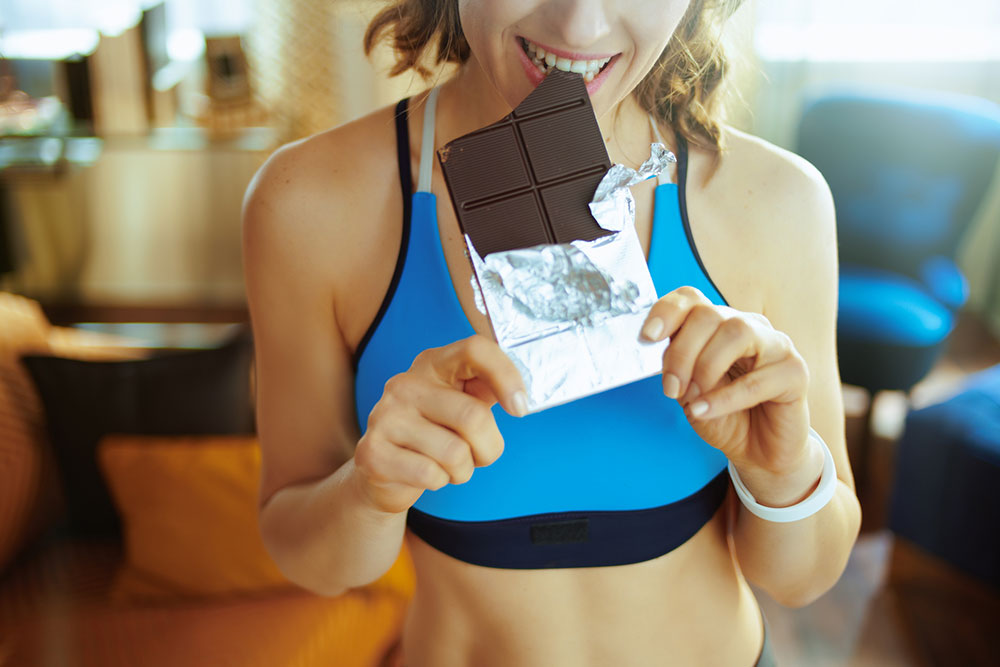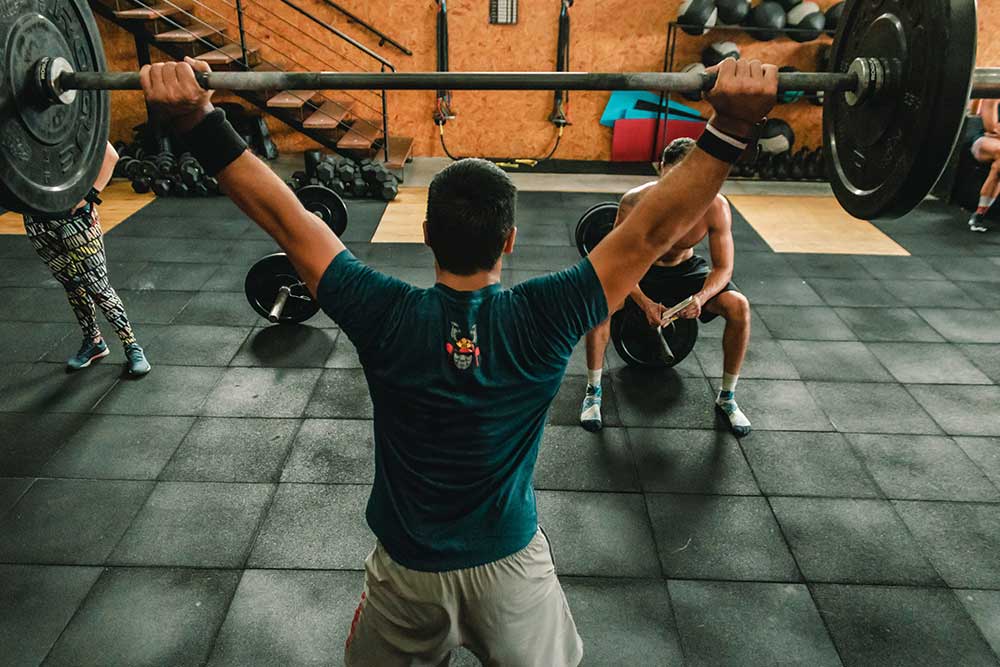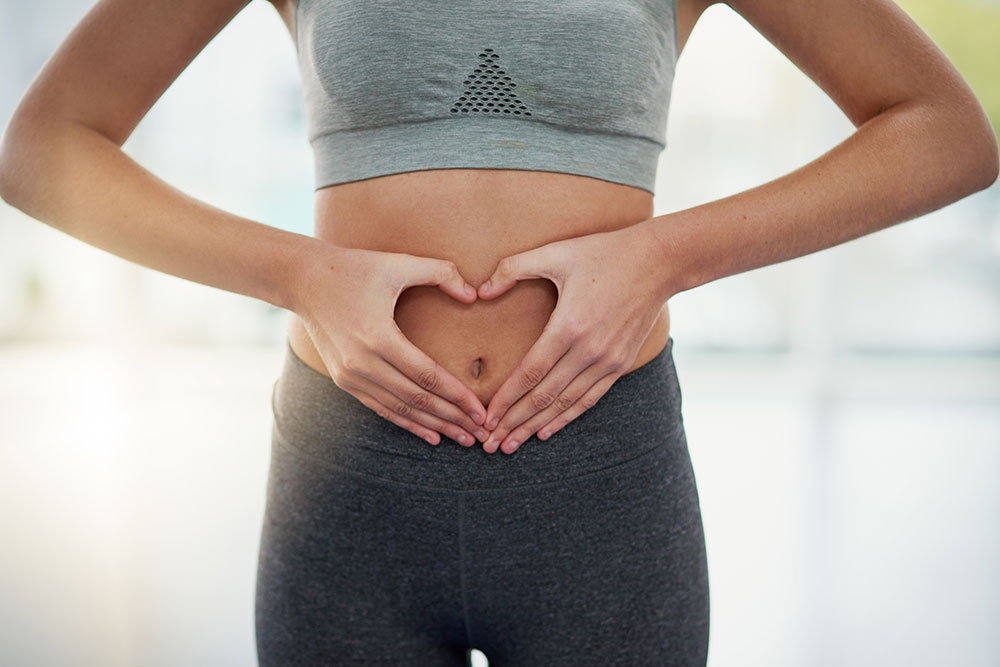Is Sleep the Missing Link to Athletic Performance?
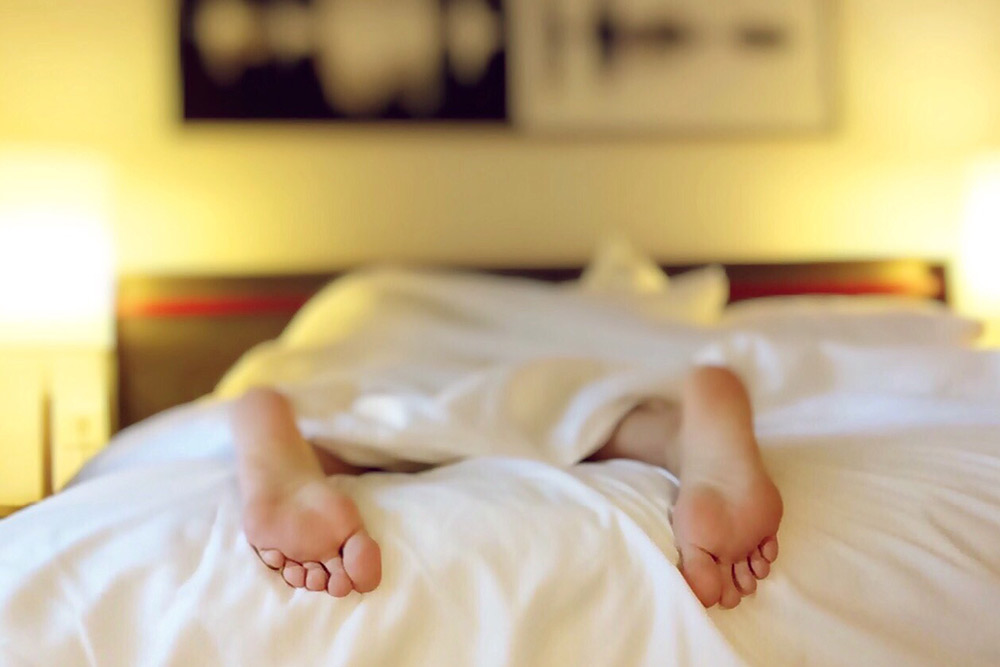
Hunter Bennett
When it comes to maximizing athletic performance, we often find ourselves seeking out complex training methodologies and fancy new pieces of equipment to get an edge on the competition – and as a result, we tend to miss the forest through the trees.
While there is nothing inherently wrong with these sorts of things, I would argue that 90% of our progress is determined by doing the foundational stuff very well, and of course, doing it with a high degree of consistency.
Only then will those extra things offer any benefit at all.
But if we are not doing those foundational things well – those big rocks of athletic performance, if you will – then these little extras are not going to do a single thing.
Which is where sleep enters the discussion.
Why sleep?
Sleep is hands down one of the most important things that you can provide your body. It is considered vital for the maintenance of normal health and function.
Within this, it provides your body and your mind with time to recover from both physical and mental stress, allowing you to adapt to training loads and mitigate any unwanted feelings of stress and anxiety.
Without it, you literally begin to fall apart.
Related Article: The Effects of Sleep Quality and HIIT
What are the sleep recommendations for the population?
An acute lack of sleep has been shown to cause significant reductions in mental capacity, mood, and cognitive function – hell, after a couple of days of complete sleep deprivation, it’s not uncommon to start experiencing sensations of nausea, and even hallucinations.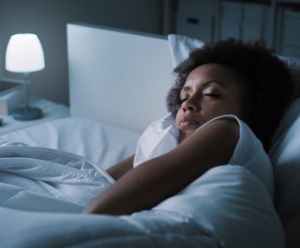
See, sleep is important…
Over time, the accumulation of poor sleep quality can also pose an issue, demonstrating an increased risk of mental health issues such as depression and anxiety, as well as a heightened risk of cardiovascular disease and diabetes.
This also comes with an impaired immune system function, weight gain, a loss of motor control, and a greater risk of accidents.
Given the apparent importance of sleep, new guidelines have been provided to educate normal adults on how much sleep they should be getting each night to maximize their sleep quality.
So, with all this in mind, it is recommended that adults get a minimum of 7 hours of sleep per night to promote optimal health (Badr, 2015).
What are the sleep recommendations for athletes?
Much like the recommendations made for healthy adults, athletes are recommended to get 7 hours of good quality sleep per night at a bare minimum – and up to 9 hours is often recommended during times of intense training and competition.
This is because the extra fatigue associated with an increase in training load will require more time to recover from.
More sleep = better recovery. But there is a bit of kicker here.
Because of their early training sessions and generally intense lifestyles, research has shown that most athletes get on average around only 6.5 – 7 hours of sleep per night – even during intense periods of training and competition (Kölling, 2018).
Which means that many athletes are leaving a huge amount of recovery – and performance – on the table.
How does sleep impact athletic performance?
Over the last couple of decades, there has been a huge investment in research that aims to determine how sleep can impact athletic performance – and this has fallen into distinct and related categories.
- Sleep and cognitive performance
- Sports performance and sleep
Sleep and Cognitive Performance in Athletes
It is well known that deep sleep states (with a focus on rapid eye movement, or REM, sleep) play a key restorative function when it comes to the maintenance of cognitive health and function – and interestingly, it has also been shown to play a role in motor learning.
You see, similar neural pathways are stimulated during REM sleep and certain activities we perform during the day.
Activities that involve learning.
As a result, it has been suggested that the high neural activity demonstrated during REM sleep has the capacity to enhance the consolidation of memory, and therefore assist in the learning of new motor skills.
Within this, the quantity of REM sleep an athlete receives has actually been shown to increase the amount of information they can recall and use for sports performance the following day (Zerouali, 2010).
On the flip side of this, there is a huge amount of evidence clearly demonstrating that sleep deprivation has highly detrimental effects of the cognitive performance of athletes.
This decline in cognitive performance normally appears in the form of slower reaction times, the reduced accuracy of sport-specific skills, and poor and inhibited decision-making ability (O’Donnell, 2018).
Taking all of this into consideration, we know that athletes experience high levels of cognitive demand within sporting scenarios on a daily basis. As a result, the demand for consistent and heightened motor learning and cognitive processing is high – and sleep plays a key role in this.
Sleep and Sports Performance in Athletes
As one might expect, especially when we consider the effect that a lack of sleep can have on cognitive capabilities, sleep can also have a very large impact on an athlete’s competitive sports performance.
To dive into this phenomenon with a little more depth, research has clearly shown that under sleep-deprived conditions, athletes see large declines in their aerobic work capacity and their ability to complete technically demanding skills (such as tennis serving or basketball shooting, for example).
Interestingly, acute sleep deprivation doesn’t appear to impact strength or power performance, however, it does make the same amount of work feel harder, which can lead to less enjoyment over time.
With this in mind, research has shown that by improving sleep quality in the long term, athletes experience better performance at their chosen sport – and that these benefits are greater in those athletes that are required to perform a large amount of aerobic work, or if their sport requires speed, tactical strategy, or technical skill (Kirschen, 2018).
Does competition anxiety affect sleep?
During a time of intense competition, athletes are placed under a huge amount of physical strain – but even more than this, they are placed under an incredible amount of mental and emotional stress.
- To perform well.
- Achieve their personal goals.
- Meet their coaches’ expectations.
And of course, the stress involved during the actual competition itself.
This stress can accumulate, leading to a state of hyperarousal while also incurring extremely strong feelings of anxiety. As you can imagine, this can lead to rather significant declines in sleep quality, which can be to the detriment of the athlete’s performance (Nedelec, 2018).
Related Article: How To Go To Sleep Fast
Sleep recovery for athletes
So, all the above essentially leads to the suggestion that sleep is required for optimal performance. But what about recovery and training adaption?
Firstly, sleep is known to play a role in the maintenance of normal cell function. Within this, it promotes normal hormonal and immune system health, both of which play integral roles in ensuring that body adapts after exercise and physical activity.
As such, a lack of sleep and the accumulation of poor sleep quality is believed to slow recovery time after training and completion. This can, therefore, inhibit physiological adaption, thus reducing the desired training response.
Secondly, lower levels of sleep quality have been shown to increase the risk of injury during both training and competition.
This suggests that accumulation of poor sleep (and the limited recovery associated) leads to the accumulation of physical tissue fatigue throughout the body – the result of which can greatly increase the risk of that tissue becoming damaged (Malhotra, 2017).
So that take-home here? Sleep is a key component for optimal recovery.
The best sleep tips for athletes
We have truly established that sleep is essential for all aspects of athletic performance and recovery. With this, we also know that most athletes are not getting nearly enough sleep on a nightly basis to maximize their performance or recovery.
So, what can we do?
We need to implement some strategies to maximize sleep quality and duration – and fortunately, there are a few things that can be implemented to improve this every single night. These aren’t all that complex and have a good body of research to support them, making them all great options.
Sleep Education:
The first step is to educate athletes around the importance of sleep regarding recovery and performance. This knowledge has been shown to 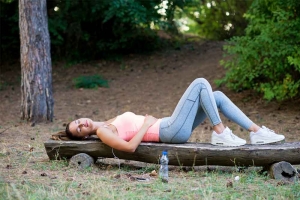 increase the priority they place on sleep, causing a subsequent rise in sleep duration (O’Donnell, 2018).
increase the priority they place on sleep, causing a subsequent rise in sleep duration (O’Donnell, 2018).
Strive for 8 hours each night:
In conjunction with their education, they need to allocate at least 8 hours per night for sleep, to ensure current guidelines are met.
Set a sleep routine:
Creating a solid sleep routine where the individual goes to sleep at the same time every night (yes, even Saturday…) has been shown to assist regulate the body’s normal circadian rhythm, making it easier to fall asleep each night. This will also cause an increase in sleep quality throughout the night (Halson, 2014).
No screens before bed:
Electronic screens (phones, TV, etc.) emit blue light, a form of light that stimulates feelings of wakefulness and alertness, while also throwing off the circadian rhythm. But simply avoiding screens for at least 30 minutes before bed has been shown to help you fall asleep faster, and improve sleep quality (Romyn, 2016).
Meditate:
We know that the anxiety of competition and training can reduce sleep quality. Meditation offers the perfect way to reduce these feelings before bed, making it easier to fall asleep as a result (Black, 2015).
What exercises help promote sleep?
While the accumulation of intense competition can induce a state of arousal that is detrimental to sleep, for the most part, exercise has been shown to cause significant improvement in global sleep quality and duration (Banno, 2018; Dolezal, 2017).
And that this effect appears to hold true in nearly everyone.
Delving into the research a little deeper, of your primary goal is to improve sleep quality, then I would strongly recommend opting for lower intensity aerobic activity. This type of exercise is not super fatiguing, can be performed anywhere, and often requires no real equipment (a half an hour walk for example).
As a bonus, this is perfect for more athletic populations because it provides the perfect addition to their higher intensity training sessions, in which it can act as a form of active recovery while also reducing the arousal stimulated by those sessions.
It’s a true win-win situation!
Take home message
Prioritizing sleep can cause improvements in cognitive capabilities, physical, and sports performance, while also promoting recovery. Alternatively, declines in sleep can be detrimental to both the body and the mind. This is why meeting sleep guidelines are integral to athletic performance.
So, give the tips outlined in this article a go to get your sleep back on track – and reap the rewards associated!
References
Badr, M. Safwan, et al. “Recommended amount of sleep for a healthy adult. A joint consensus statement of the American Academy of Sleep Medicine and Sleep Research Society.”. Journal of Clinical Sleep Medicine 11.06 (2015): 591-592.
Kölling, Sarah, et al. “Sleep-related Issues for Recovery and Performance in Athletes.” International journal of sports physiology and performance (2018): 1-17.
Zerouali, Younes, Boutheina Jemel, and Roger Godbout. “The effects of early and late night partial sleep deprivation on automatic and selective attention. An ERP study.” Brain research 1308 (2010): 87-99.
O’Donnell, Shannon, Christopher M. Beaven, and Matthew W. Driller. “From pillow to podium: a review on understanding sleep for elite athletes.” Nature and science of sleep 10 (2018): 243.
Kirschen, Gregory W., Jason J. Jones, and Lauren Hale. “The Impact of Sleep Duration on Performance Among Competitive Athletes. A Systematic Literature Review.” Clinical journal of sport medicine: official journal of the Canadian Academy of Sport Medicine (2018).
Nedelec, Mathieu, et al. “The Variability of Sleep Among Elite Athletes.” Sports medicine-open 4.1 (2018): 34.
Malhotra, Raman K. “Sleep, recovery, and performance in sports.” Neurologic clinics 35.3 (2017): 547-557.
Additional References:
Halson, Shona L. “Sleep in elite athletes and nutritional interventions to enhance sleep.” Sports Medicine 44.1 (2014): 13-23.
Romyn, Georgia, et al. “Sleep, anxiety and electronic device use by athletes in the training and competition environments.”. European journal of sports science 16.3 (2016): 301-308.
Black, David S., et al. “Mindfulness meditation and improvement in sleep quality and daytime impairment among older adults with sleep disturbances. A randomized clinical trial.” JAMA internal medicine 175.4 (2015): 494-501.
Banno, Masahiro, et al. “Exercise can improve sleep quality: a systematic review and meta-analysis.” PeerJ 6 (2018): e5172.
Dolezal, Brett A., et al. “Interrelationship between sleep and exercise: a systematic review.” Advances in preventive medicine 2017 (2017).
You Might Like:


